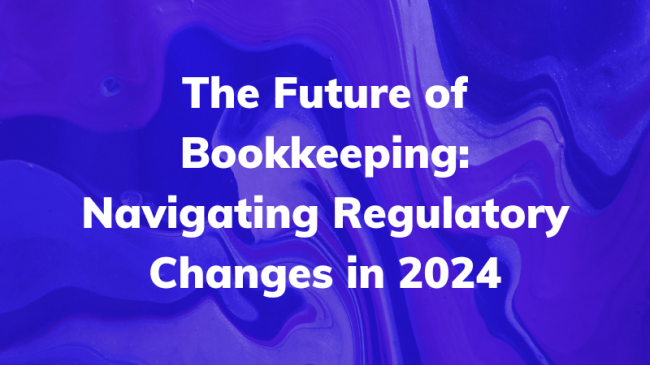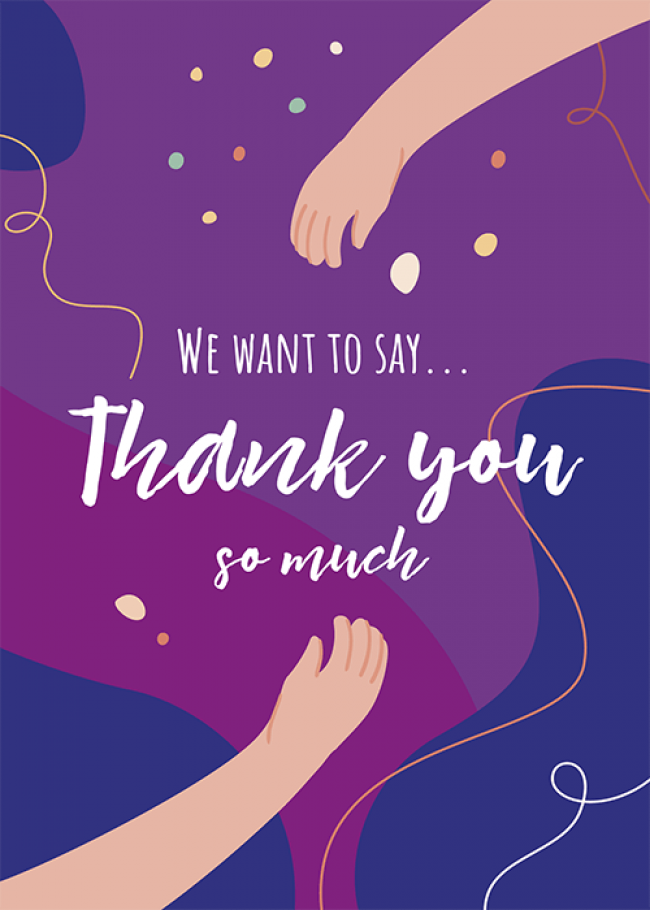
Credit cards are convenient and useful tools for building credit, making large purchases, and managing cash flow. However, they can also be dangerous if not used responsibly. One of the biggest mistakes you can make with a credit card is mismanaging debt—particularly carrying a high balance and only making minimum payments. This seemingly small mistake can lead to a cascade of financial problems, from spiraling interest charges to damage to your credit score.
In this blog, we’ll explore why mismanaging debt is such a critical mistake, how it can impact your financial health, and what you can do to avoid falling into this trap.
Why Credit Card Debt is Dangerous
Credit cards typically come with high interest rates, especially when compared to other forms of debt like mortgages or student loans. The average credit card interest rate hovers around 16% to 24%, meaning that if you carry a balance from month to month, the amount you owe can quickly balloon.
Let’s break down why mismanaging your credit card debt is such a serious mistake:
1. Compound Interest Works Against You
One of the main dangers of carrying credit card debt is compound interest. Credit card issuers charge interest daily, meaning your balance grows every day you don’t pay it off. If you’re only making the minimum payment, which is usually around 1-3% of the total balance, a significant portion of your payment goes toward the interest, and very little goes toward the principal. As a result, it can take years to pay off a relatively small balance, and you could end up paying double or triple the original amount.
For example, if you owe $5,000 on a credit card with a 20% interest rate and make only the minimum payment of $100 each month, it would take you over 30 years to pay off the debt, and you’d end up paying more than $12,000 in interest alone.
2. Damage to Your Credit Score
Credit utilization, which refers to how much of your available credit you’re using, is a key factor in your credit score. Ideally, you should keep your credit utilization ratio below 30%. If you consistently carry a high balance, your credit utilization ratio will increase, which can hurt your credit score.
A lower credit score can make it more difficult for you to obtain loans, secure favorable interest rates, or even rent an apartment. Since credit card companies report your balance to credit bureaus every month, carrying a high balance even for a short period can negatively impact your score.
3. Financial Stress and Limited Cash Flow
When you carry credit card debt, it can create financial stress and reduce your cash flow. If you’re constantly worried about making payments and keeping up with interest, you’ll have less disposable income for other expenses. This can lead to a vicious cycle where you rely on credit cards even more to cover basic needs, further increasing your debt.
Financial stress can also affect your mental and physical health, relationships, and overall quality of life. The longer you remain in debt, the more strain it puts on your finances and well-being.
Common Behaviors That Lead to Credit Card Debt
There are several habits and behaviors that can lead to the mismanagement of credit card debt. While not all credit card users fall into these patterns, it’s essential to be aware of them so you can avoid making the same mistakes.
1. Living Beyond Your Means
One of the most common reasons people fall into credit card debt is because they spend more than they earn. It’s easy to swipe a card and think of the bill as a future problem. However, consistently relying on credit to cover expenses you can’t afford in cash will almost certainly lead to a growing balance.
2. Failing to Pay the Full Balance Each Month
While making the minimum payment may seem like a short-term solution, it’s one of the worst habits you can develop. Only paying the minimum allows interest to accrue on your balance, which increases the amount you owe. It also extends the amount of time it will take to pay off your debt.
3. Using Credit for Everyday Purchases
Using your credit card for everyday purchases like groceries, gas, or dining out may seem convenient, but it’s a habit that can quickly lead to debt if you’re not paying off the balance in full each month. Everyday purchases add up quickly, and if you’re not careful, you could find yourself with a larger balance than you can handle.
4. Ignoring the Terms and Conditions
Many people sign up for credit cards without fully understanding the terms and conditions. It’s essential to know your card’s interest rate, fees, and penalties for late payments. Ignoring these details can result in unexpected costs that worsen your financial situation.
How to Avoid Mismanaging Credit Card Debt
Avoiding the mistake of mismanaging credit card debt requires discipline, planning, and an understanding of how credit works. Here are some strategies you can implement to stay on top of your finances and avoid falling into the credit card debt trap.
1. Pay Your Balance in Full Every Month
The best way to avoid paying interest is to pay your balance in full every month. This ensures that you’re only spending money you can afford to repay and keeps your debt from accumulating. If you can’t pay the full balance, pay as much as possible to reduce the amount of interest that accrues.
2. Create and Stick to a Budget
A budget helps you keep track of your income and expenses, ensuring that you’re not spending more than you can afford. By budgeting for credit card payments, you can prioritize paying off your debt and avoid unnecessary purchases.
3. Keep Your Credit Utilization Low
As mentioned earlier, your credit utilization ratio plays a significant role in your credit score. Try to keep your credit utilization below 30%, meaning if you have a credit limit of $10,000, you should aim to keep your balance below $3,000. This will not only help protect your credit score but also reduce the amount of interest you pay.
4. Limit the Number of Credit Cards You Have
Having multiple credit cards can make it easier to accumulate debt. The more cards you have, the more tempting it is to charge purchases and spread out your debt. Limiting the number of cards you use can help you stay organized and focused on paying off your balance.
5. Use Credit Cards for Planned Purchases
If you’re going to use a credit card, make sure you’re using it for planned purchases that you know you can pay off. Avoid using credit cards for impulse buys or items outside your budget. This will help you stay in control of your spending.
6. Monitor Your Credit Card Statements Regularly
It’s important to keep track of your credit card activity by regularly reviewing your statements. This helps you stay aware of your spending habits and catch any unauthorized charges. Monitoring your statements also ensures that you’re not missing any payments or accumulating more debt than you realize.
Conclusion
Mismanaging credit card debt, especially by carrying a high balance and only making minimum payments, is one of the biggest financial mistakes you can make. It can lead to a downward spiral of mounting interest, damaged credit, and overwhelming financial stress. However, by paying your balance in full, budgeting wisely, and keeping your credit utilization low, you can avoid the pitfalls of credit card debt and use credit as a tool to enhance your financial health.
The key to responsible credit card use is understanding how credit works and making informed decisions. With careful planning and discipline, you can avoid the trap of mismanaged debt and enjoy the benefits that credit cards have to offer.













